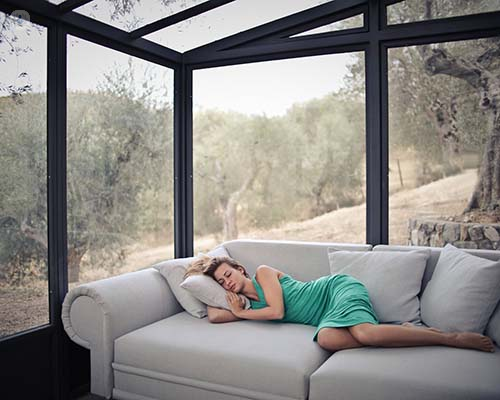Renal colic: what do ureter stones feel like?
Written by:Renal colic is the severe pain described by patients with ureters stones. The stones block part of the urinary tract, which may include the kidneys, ureters, bladder and urethra. One of our top urologists Mr Aza Mohammed explains what renal colic pain feels like and how kidney stones can be prevented.

What are the symptoms? How does it feel?
The pain is described as very severe and comes in waves. Typically, the patient is very restless during the episodes of pain and they typically roll around in pain. More often patients feel severe nausea and vomiting. If there is complete blockage of the ureter with infection, patients can get very sick with septicaemia.
What causes renal colic?
Renal colic is typically caused by obstructing ureteric stones. Occasionally ureters can get blocked by blood clots or sloughed material from the kidney and that can produce similar symptoms. In addition, there is a wide range of non-urological conditions that can cause similar pain. Conditions affecting the bowel or other gastro-intestinal organs such as gallstones, or in women twisted ovaries or ectopic pregnancies, can result in similar pains. It is therefore essential that patients seek immediate medical attention with any severe pain to ensure that an appropriate diagnosis is made.
Which factors increase the risk of getting them?
There are so many reasons why people form kidney stones. The most important factor is dehydration and not drinking enough water especially during hot weather. Some stones can have a genetic background especially these that appear at a young age. Patients with recurrent kidney stones need to have a full metabolic and diagnostic workup to identify any underlying correctable cause.
Can they be prevented?
Prevention of kidney stones depends on the knowledge of the type of kidney stone and any underlying abnormality. The essential factor in all types of kidney stones is to ensure adequate hydration. Patients with kidney stones need to be referred to a urologist for appropriate management of the stone.
If you’re experiencing the unpleasant symptoms of kidney stones, do not hesitate to book an appointment with Mr Mohammed for an analysis and treatment plan.


